It’s a place for the misfits, bound by a love for electronic music and self-expression. Russian-born DJ and event organizer Lana Lain talks about her journey, from cassette to rave to the phenomenon that is ФОМО.
On the ФОМО site, you’ll find a podcast, a code of conduct, registration (events require an invite), and this description of what the project is about:
ФОМО is a gay- och fetish friendly club, aimed to unite closed lgtb communities into a new inclusive subcultural concept. ФОМО promotes progressive visuals, queer installations and musical performances to people who, because of their lifestyle and overall preferences, can’t associate themselves with the major scene. Those who enter ФОМО can experience freedom of sexual expression and acceptance, in surroundings of quality sound, lights and visual art.
Even progressive-seeming Scandinavia often poses the challenges of an alcohol-fueled, hetero-normalized mainstream club scene, to say nothing of Russia. So I wanted to talk to Lana about the realities of making parties that are different – why people do that, and how artists and organizers make it work.
It helps that Lana is a killer DJ with finely-honed techniques and tastes. So, as always, the general rule in this joint is – no abstract discussions without some fine music to go with it.
And it goes without saying that this music really is connected with that scene – with its fantasies, its kinks, its quirks, its joy.
Let’s start with Lana’s own set – more (including live) below…
What’s your background in this scene and nightlife; how did you first get involved?
I was 14 and influenced by raves in St. Petersburg, which by that time were so huge that they were held in stadiums. I listened to cassettes with recordings of CJ Bolland and Jeff Mills live on Russian Radio Rekord and was addicted to mixing music on my old double-deck cassette player. I got my first vinyl records when I was 16 and tried playing them in local clubs in my hometown. Yeah, I was bold – learning to play vinyl while the public was dancing around.

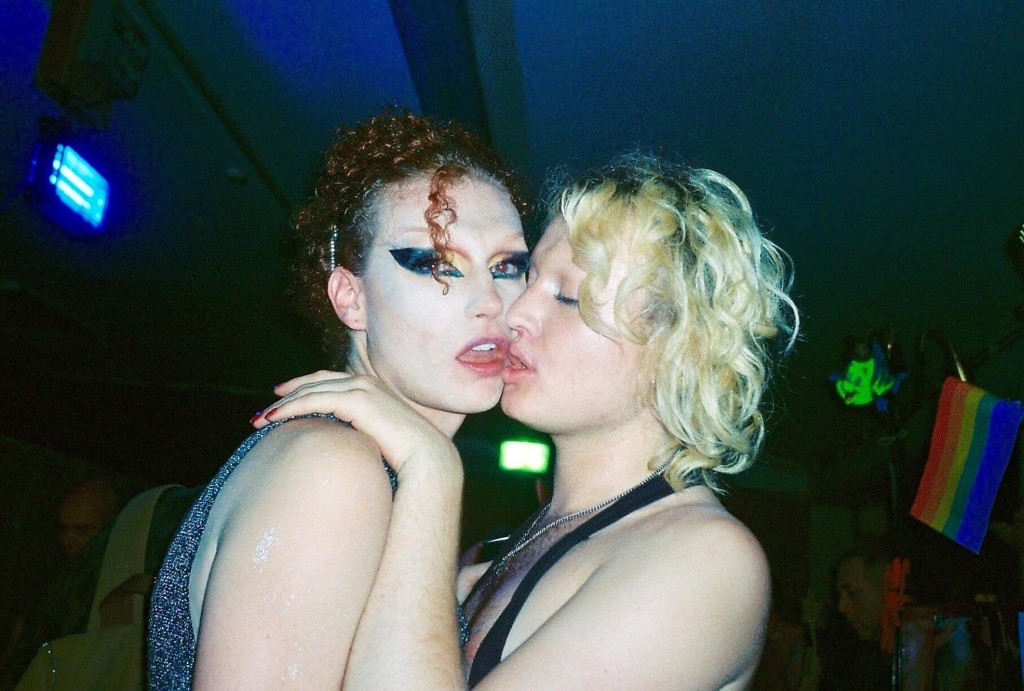
I started doing parties in 2011. I had just moved to Stockholm from Karelia [Russia] and started DJing in local raves. I met a guy who was organizing a party series called “Socially Hazardous” (oh, so 2000!), with mostly progressive techno and local DJs. By then, I realized that people in Sweden had no idea about electronic music from Russia or Eastern Europe, understandably so. Like, how would they know? So I came up with an idea of booking DJs from Russia and adding some sense of humor, playing with those “red” cliches, making visuals and art with 30s Soviet Propaganda animation. Together with my friend, we invited people to a “comrade gathering” called Russian Connection. I didn’t expect we would get a great response, but it seemed everybody just was waiting for this. People went to a local Russian shop and bought ushankas and other military kitsch, and we had a huge queue at the entrance. It was a very fun rave/masquerade series of parties, and that’s how Stockholm’s public first got to know about the likes of Stanislav Tolkachev, SCSI-9, DJ Slon, and others.
Take us back to the birth of this event. How did it come about; you’ve been really a primary organizer, yes?
Well, my friend was the one who knew “the s***”; I was too young and too inexperienced to make any decisions or give orders to any people in the rave scene. The scene is a tough thing, as everything you do is basically not legal. My role was [technically] “art director” and “artist booking manager.”
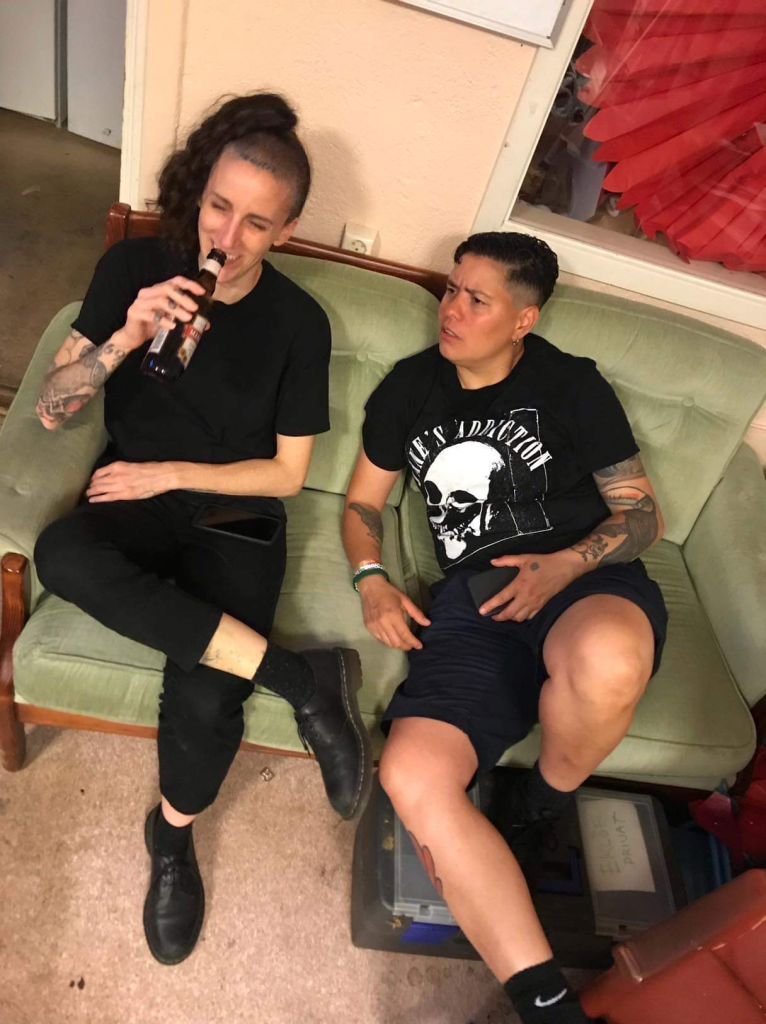
How did you come to the ФОМО series, then?
I became more and more involved in the Stockholm underground. People voted for me as the best underground female DJ, and somehow the local fetish community invited me to play, as well. That went well, and they invited me to be their resident. I got to know this community more and more, and fell in love with the atmosphere of dedication and respect.
[Normally], the Swedish fetish community has many rules, and the music is not a focus. During one of the raves in 2016, I met Marija from the fetish club Dekadance, and I shared my ideas about starting a new concept. Together, we came up with these communities, divided by interests or fetish – Stockholm Leather Man Club, Wish Club for Lesbian women. [The idea was for people to] come together, and yet not follow so many rules
Marija and her colleagues shared invaluable experience about do’s and don’t’s. I had also gotten to know the organizers of [Berlin’s] Herrensauna and the Belarusian techno duo Energun. So these experiences, plus my attraction to Eastern European music and dedication to the local community, shaped into ФОМО.
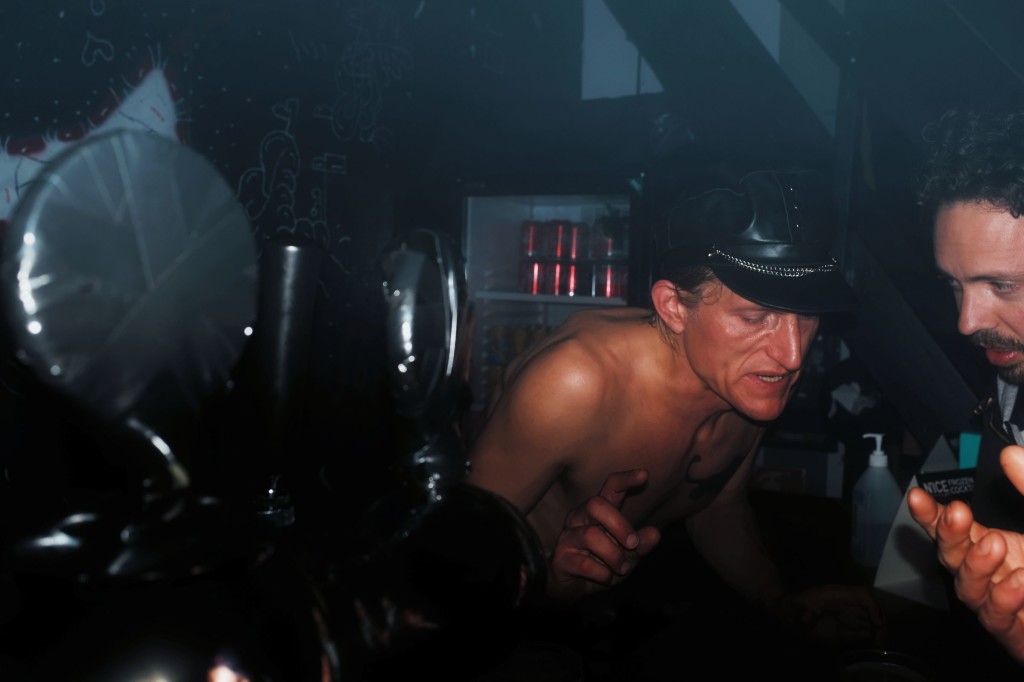
Imagine we walk into ФОМО for the first time… what do you want our feeling to be?
Check the wardrobe first, as you want to take off your clothes, leaving as little as possible on. Mostly each event is in a new venue, so you’ll start by checking out the different rooms. Probably, you’ll meet some new friends, as people are very open here. I hope you’ll keep your mind free for new experiences, new music, and new friends – so the feeling I’d want would be I guess “endless curiosity.” And constant satisfaction. 🙂
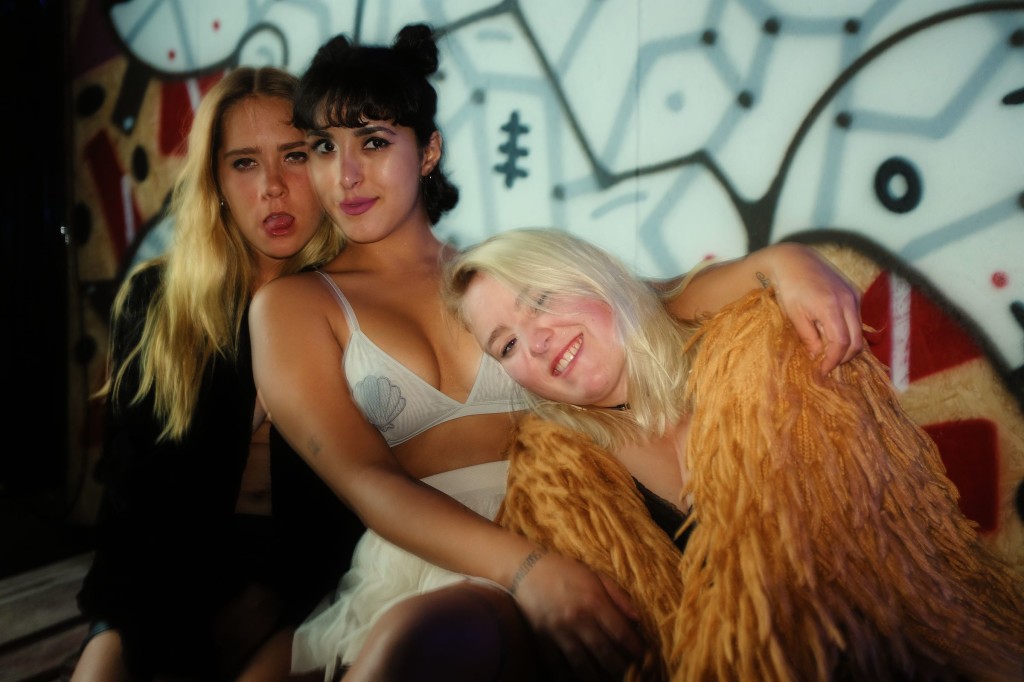
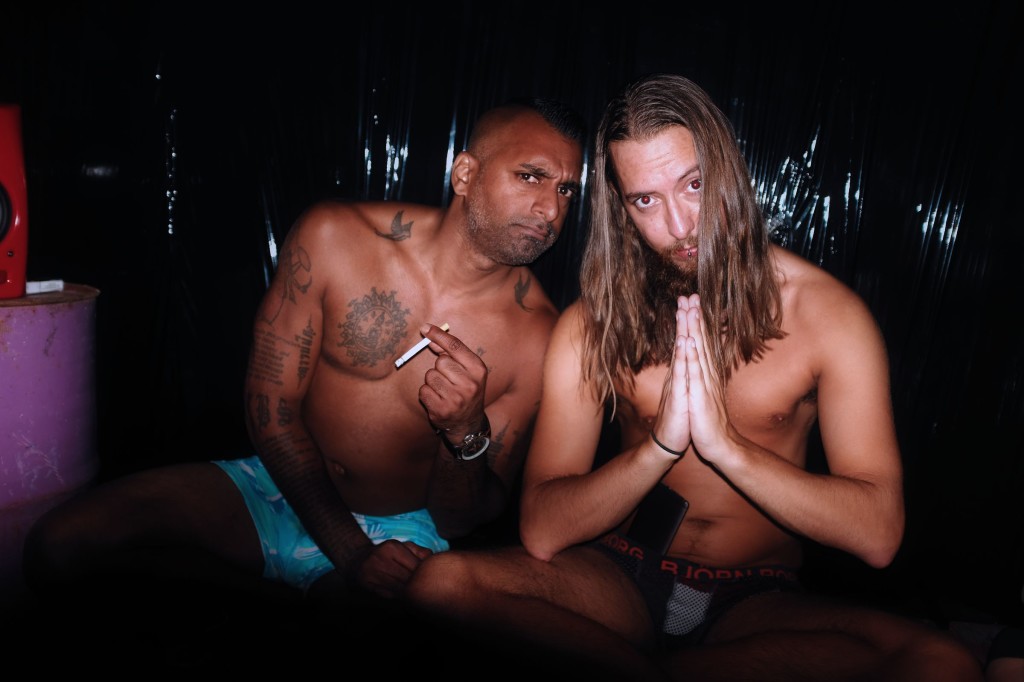
I think from the outside, a lot of us Americans may see Sweden as a sort of progressive, idyllic world. But I get a reality check from friends who grew up that there’s some conflict between conservative values and conformity, just as people experience in so many other places, too. What does it mean for Stockholm to have a party like this?
It’s true, the Scandinavian nightlife is limited by a lot of laws, plus restrictions on alcohol licences. The authorities think that places where people drink have to be monitored. Because clubs close down so early, it creates an atmosphere where people want to get drunk as quickly as possible, which can lead to aggressive behavior.
In the fetish scene, people are not so eager to get drunk; people like to socialize and experience things. This is a great playground to discover art and music.
Many Swedish rave-lovers travel to Berlin or Amsterdam, which is causing demand for techno parties [in Sweden] to grow. Luckily, there’s a loophole that makes it possible to organize private parties, members’ clubs or Svartklubbar – literally, “black clubs.” The system is that people have to sign up in advance, and then we can dictate the opening hours ourselves. Because you have to register in advance, we can label our parties as a closed gathering. It’s allowed to sell “folköl” (up to 3,5%). Laughing gas balloons are still a gray zone. [Ed. Uh – be careful with that last one. CDM is not endorsing any use of these!]
Many of these events [in Sweden] can be closed by police, when there were neighbor complaints or if police could discover illegal alcohol sales or any traces of drugs.
ФОМО is a fetish and gay-friendly member’s club, that also complies with Swedish rules. The venues are usually booked with the contract and no complaints were filed so far. In official Stockholm venues, it’s not allowed to have darkrooms or to take off your clothes, so for the community, our party is a little island of freedom.
Commercial clubs aren’t allowed to filter the audience, either, but we can. We send a link where you can register, and we make sure that link remains in certain circles. At our parties, guests experience freedom of sexual expression and acceptance, and we try to create a safe environment for the LHBQT [LGBTQ] and fetish scene. We have always been honest and clear about what kind of event ФОМО is.

My readers will also think of Sweden as the land that has given us Elektron, Propellerhead, and Teenage Engineering. Are there any compelling projects you’ve brought in as far as producers? Live acts? Maybe there’s just something about that Swedish climate with its long summer days and long winter nights that makes people crave electronic sounds?
I agree, Sweden has long time been a cradle of engineers, dynamite developers, and music channels such as Spotify. I like to follow the discoveries that are made by Sound of Stockholm Festival or Fylkingen – Collective, too. I must say, the Swedish electronic music scene has been full of talents for as long as I can remember. There are always new, upcoming artists for the rest of the world to discover. I don’t know if it’s the climate or governmental support of music artists, or the natural industriousness of Swedish people. The long nights can give anyone some food for thought, for sure.
Some of the live acts I was happy to invite as our guests included Alvar, Gijensu, Fjäder, Celldöd. I think they lifted up the vibe and created a real, live experience.
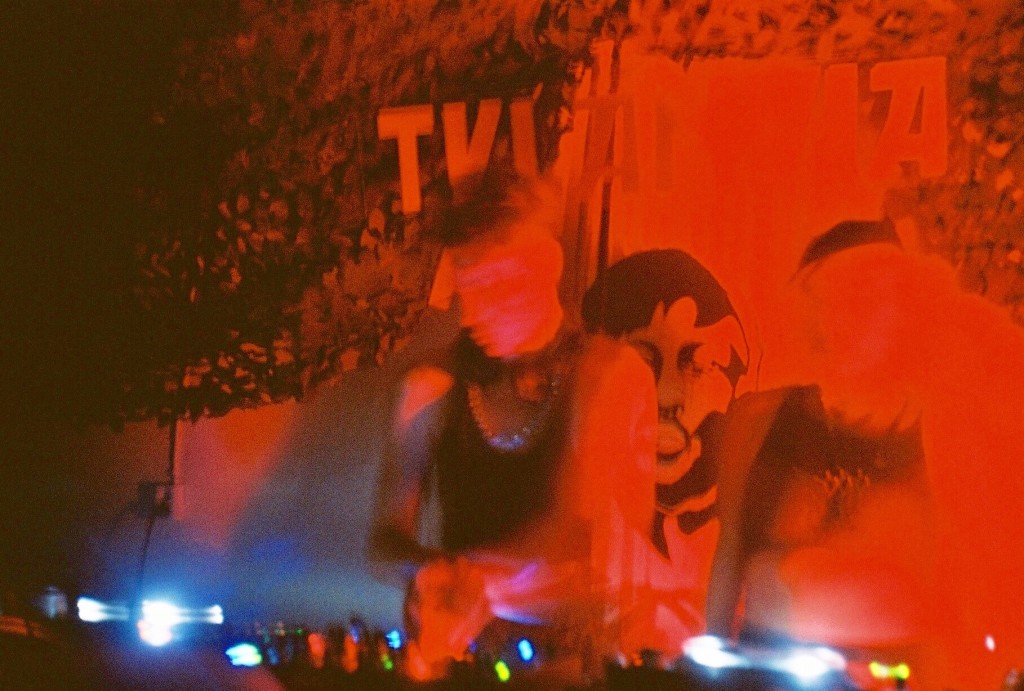
I have also run ФОМО shows for fnoob techno radio, where I invited live acts such as Lodbrock, Karabasan Drane, and Dawid Dahl. They recorded original live sets for this show, which is available on our SoundCloud. We also invite queer DJs and queer art to take part in our events, as we want to create a space that’s open to innovative ideas or concepts.
Obviously, ФОМО contains a nod to your Russian heritage… are Swedes getting the Cyrllic? I know you’ve also made some interchange with the Russian scene, bringing ФОМО to St. Petersburg’s terrific RAF25 – what can you say about how the connection between these countries? Are there common elements?
I liked that this word has both F – for “fetish” and OMO – for homo (gay-friendly), but I didn’t want people to associate this with any “fear.” Ф is a beautiful letter which many people recognize from Greek, too, and it looks as a new brand-word. Many of my Swedish friends had to install the Russian alphabet in order refer to the right “Фomo” 🙂
I was excited to bring ФОМО to Raf25 [in St. Petersburg.] This Soviet bunker with a maze of various rooms is very sexy, indeed. I see a connection to our sound, concept, and aesthetics. I think this could be a good place in Russia for opening the scene to subcultural communities that, at the moment, unfortunately, don’t have their own space.
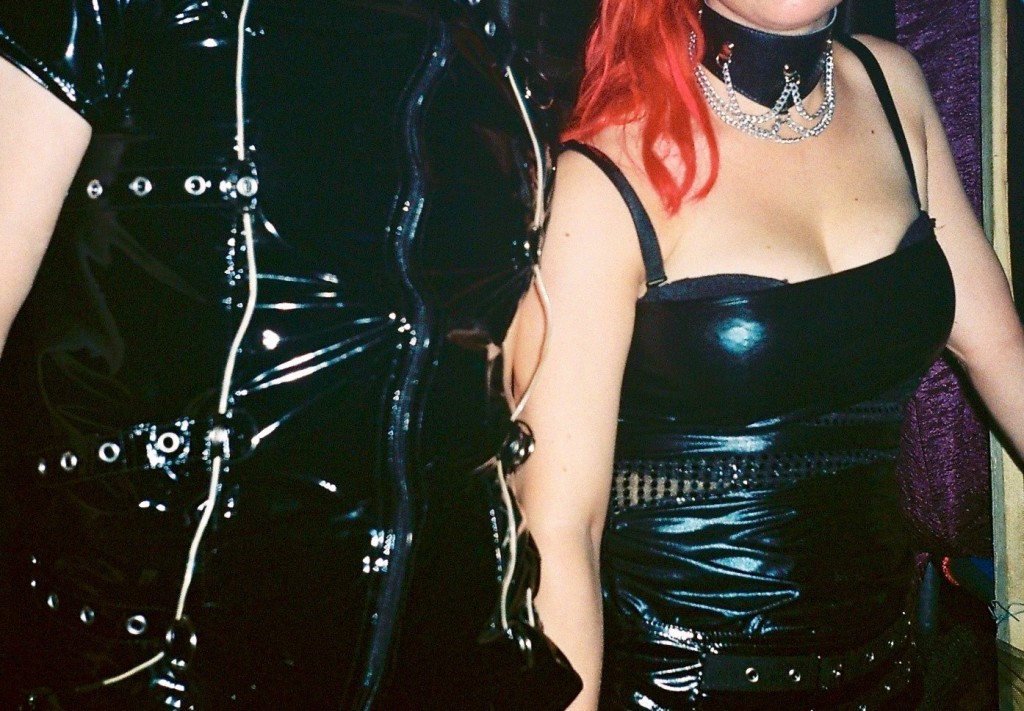
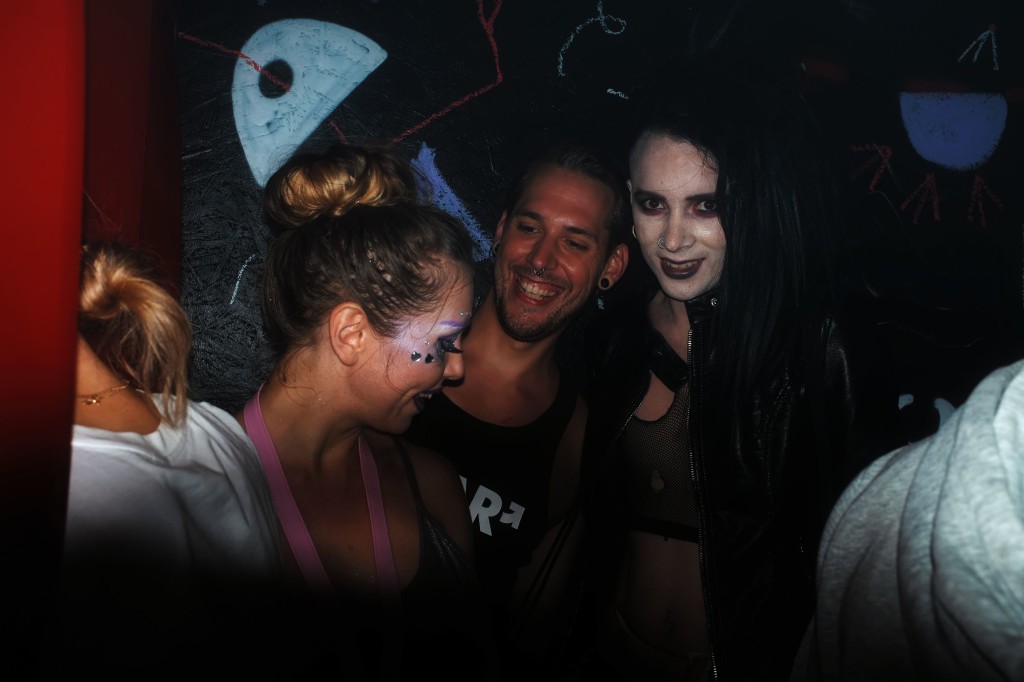
What does it mean to you to tie together queer identity, queer activism, and this party project?
As ФОМО, we always will stand on the side of our LGTB and fetish communities. We create a safe space where people can share experiences, understand each other better, and have fun together, without any labeling or other shit. My colleague Marija has lots of experience with queer activism and helps invite the people who we think feel that they really belong.
We’re happy to see that we attract visitors who feel that they don’t belong to the larger, mainstream scene or don’t feel welcome there. We’re glad to see newcomers discovering new sides of their sexuality. Our experienced ambassadors and hosts are always present in the event and are there for the other guests, in case people have questions or they think somebody doesn’t behave correctly.
They are also ФОМО – they’re the ones who know how party responsibly, but also are extremely friendly and positive people.
During Pride 2019, we had a big night event at the local Bronx Sauna Club – it was a perfect match for us since we started in 2016 in a similar venue. Pride 2019 was the craziest party we’ve made. I invited Tommy Four Seven, Madalba and Popoff Kitchen from Moscow. Also, thanks to collaboration with our local DJ and promoter Dgeral, this event could invite queer artists as Lauren Hex and Femanyst. People were dancing on the table, we had queues like those in Berlin, but with our own, local vibe and color. I’m pretty sure many people felt deeply in their hearts what Pride is about, a joy about who you are.
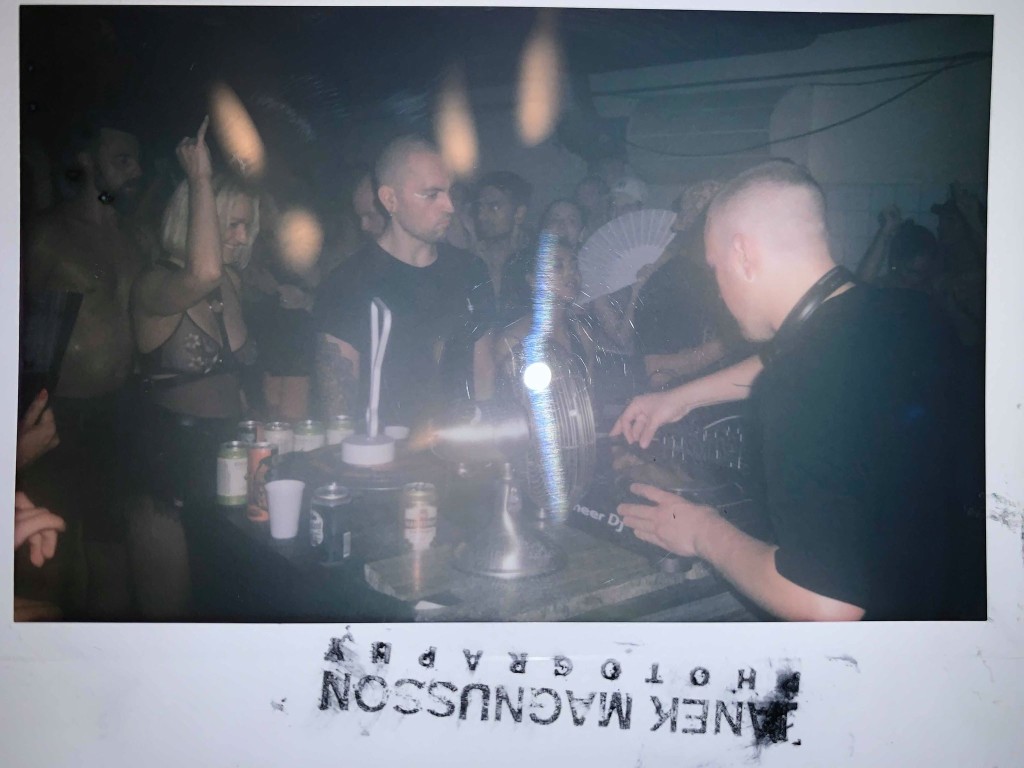
So, what should we know as you gear up for this week’s event?
This week, Sweden celebrates the day of St. Lucia, which coincidently falls on Friday the 13th. It’s a Swedish tradition, singing songs in the church, while a maiden in a long white toga slowly walks through with candles on her head. We decided to celebrate 3 years of ФОМО and let people explore this tradition on their own way, calling our party “Find Your Dirty Lucia.” We booked Janzon from Code is Law and Knigi Live. You are all welcome to join if you’re in town!
The next party is this Friday, 13 December; register to attend (or make your own party at home with CDM and these mixes, you know… black out the windows for the Swedish December experience of light).
More listening…
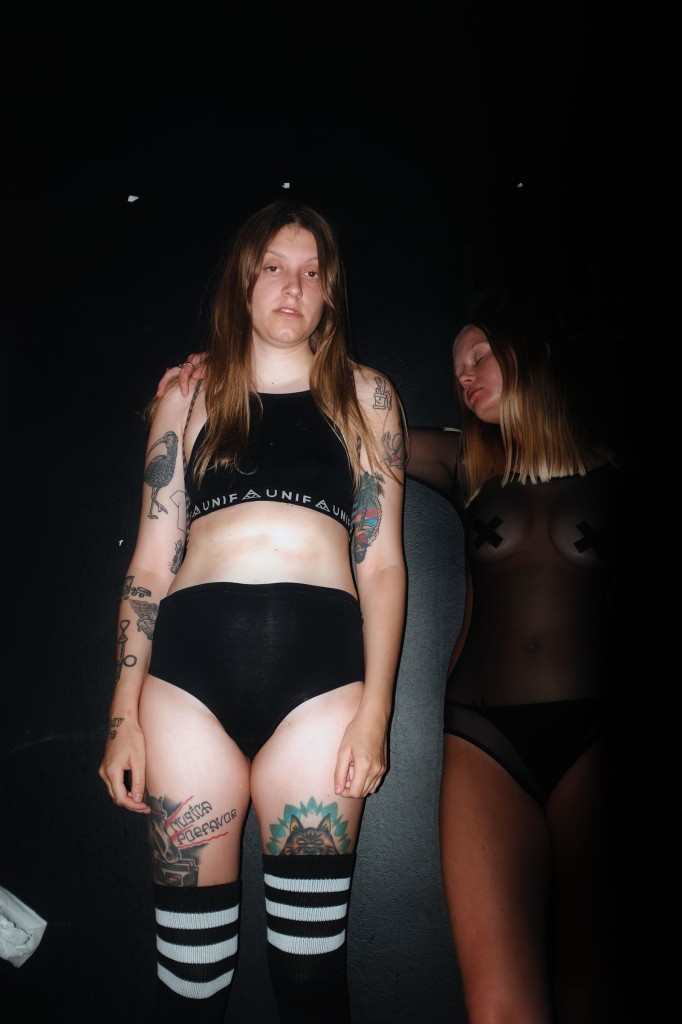
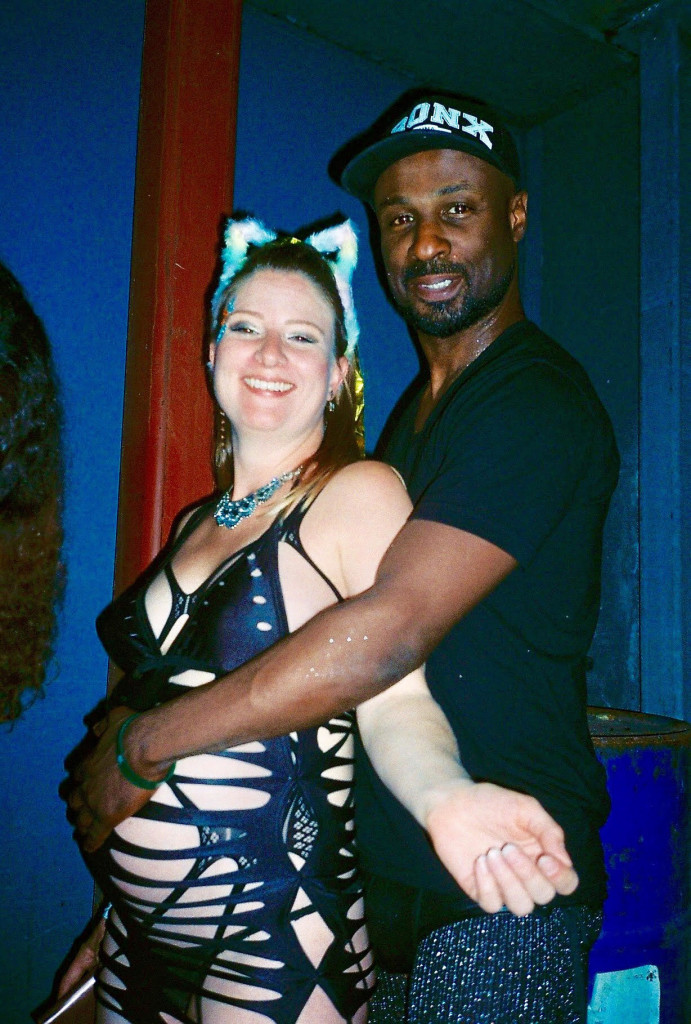
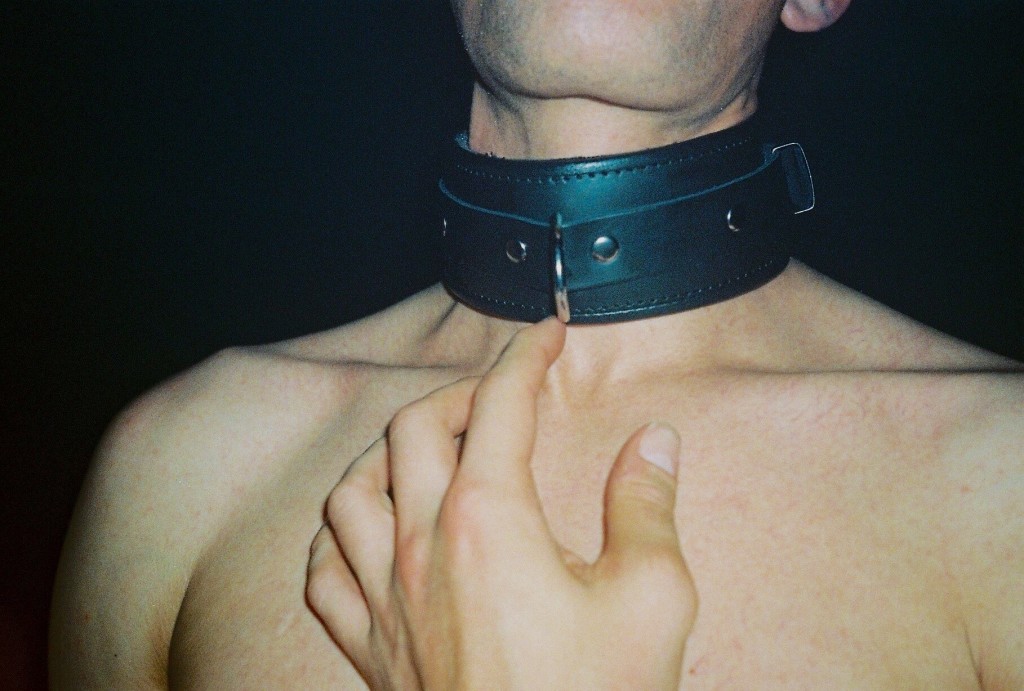
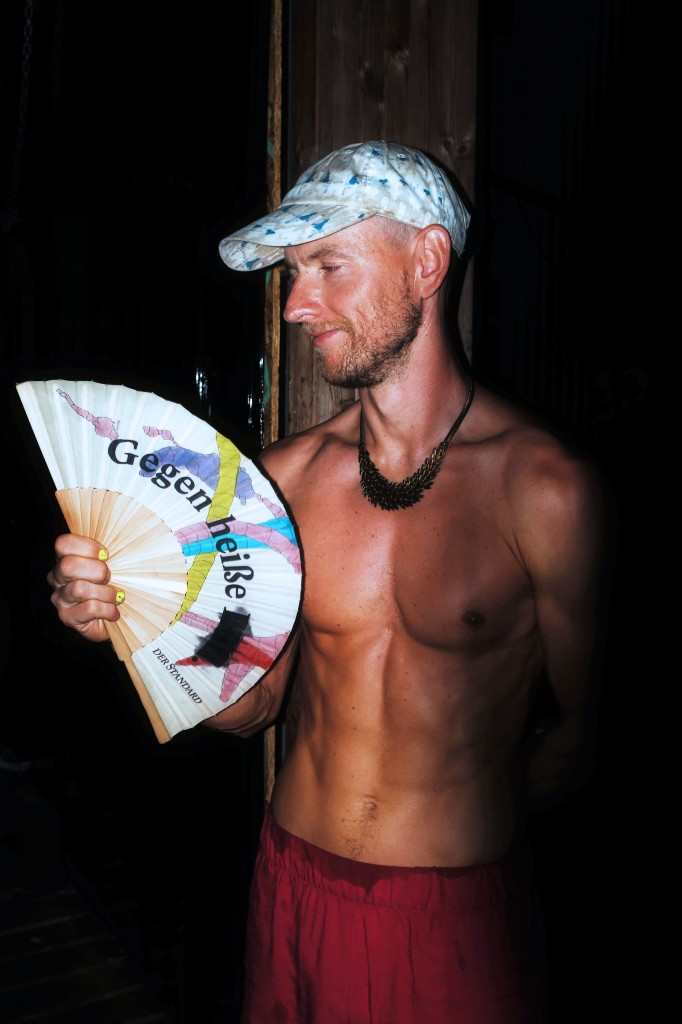
And one more – from Venezuela’s Dgeral: